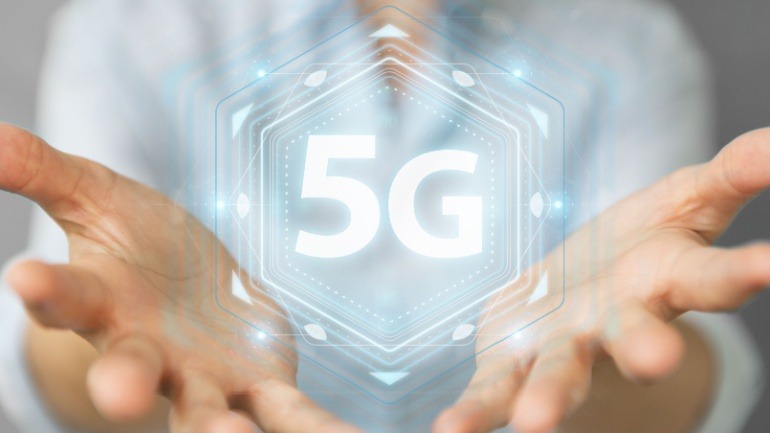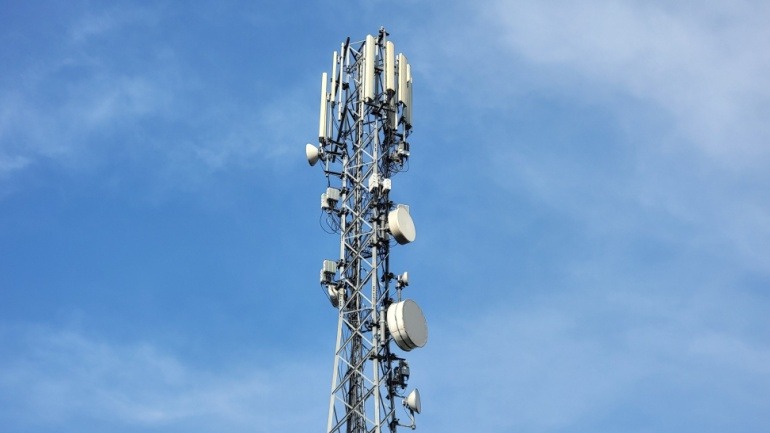MasOrange, Spain’s top mobile provider, has secured an impressive 11 billion euros financing for a bold fiber optic venture with Vodafone Spain. This positions MasOrange to become a leading player in Spain’s fiber network landscape. These strategic funds will enhance MasOrange’s telecom initiatives, including leveraging advanced 5G technology.
Vodafone Idea is accelerating its 5G rollout across India with trials in Delhi and recent launches in key cities. Leveraging advanced energy-efficient infrastructure and AI tools, the company aims to boost network performance while expanding 4G coverage. Strategic partnerships and financial restructuring are central to its revival.
MasOrange has launched Spain’s first 5G Advanced network, setting a new benchmark in telecoms. Deployed in Seville, the network uses mid and low bands, the 26 GHz spectrum, and a 3.5 GHz band, offering innovative services like 5G New Calling, enhancing connectivity and customer experience.
Nokia is partnering with Maersk to equip 450 vessels with private wireless networks, enhancing cargo tracking and real-time monitoring. The system will support thousands of IoT devices, improving efficiency and visibility across Maersk’s global logistics operations.
Bharti Airtel’s latest acquisition of 400MHz 26GHz spectrum from Adani Data Networks marks a pivotal move to bolster its 5G services. This acquisition enhances Airtel’s 5G footprint across key Indian regions and addresses high-capacity use cases like Fixed Wireless Access and enterprise solutions.
Vodafone and A1 Group have achieved a major milestone by enabling seamless 5G Standalone roaming between networks. This breakthrough, powered by Ericsson’s technology and global standards, ensures secure, high-quality connectivity and sets the stage for enhanced mobile experiences across Europe and beyond.
India’s telecom operators must report all Chinese-made equipment still active in their networks, as part of a security review targeting firms like Huawei and ZTE. The move aims to limit future reliance on untrusted vendors while allowing existing systems to operate under strict oversight amid rising geopolitical and trade tensions with China.
The Global Mobile Suppliers Association (GSA) is championing the development of 5G Reduced Capability, known as RedCap, by forming a focused group. This initiative is crucial for propelling 5G’s ecosystem forward, backed by industry giants like Ericsson, Huawei, Qualcomm, and MediaTek.
At NAB Show 2025, Verizon and NVIDIA unveiled a portable private 5G network powered by edge AI and accelerated computing. Designed for live broadcast workflows, the system uses real-time AI to prioritize key video moments, boosting viewer engagement and production efficiency—anywhere from stadiums to remote sites.
Vodafone Idea has teamed up with Nokia to upgrade its optical transport network, enhancing 4G and preparing for 5G expansion in India. This partnership leverages Nokia’s advanced optical technology for scalability and efficiency. With 5G rollouts underway and strategic financial investments, Vodafone Idea aims to expand coverage and strengthen its market position against competitors.













